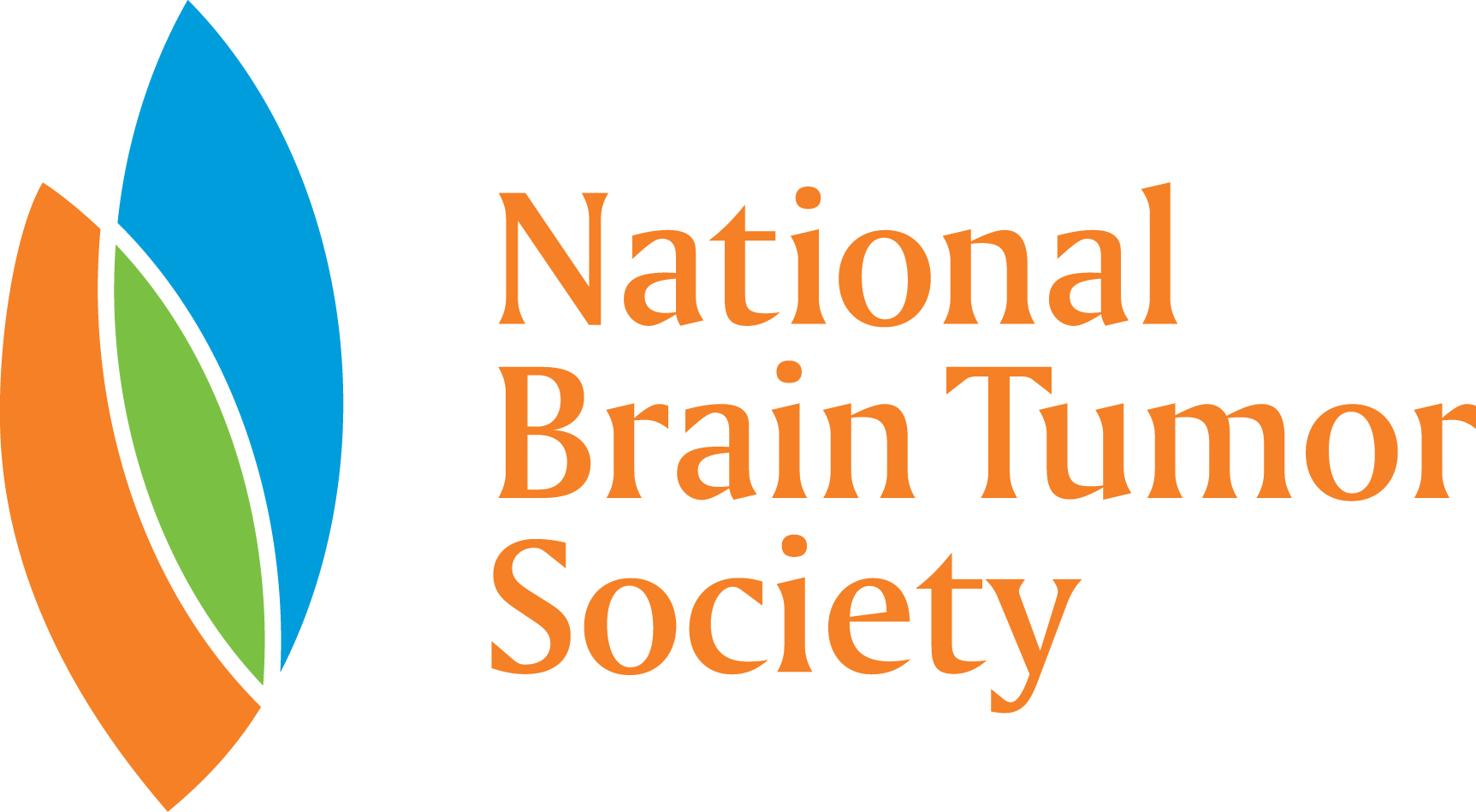
The Latest Updates in the Field of Brain Cancer Research

In honor of Brain Cancer Awareness Month, CURE® spoke with an expert about the latest advances that researchers are working on for patients with this disease.
The brain cancer research field has expanded and advanced in recent years, as scientists and physicians increase their knowledge of the disease. In honor of Brain Cancer Awareness Month, which takes place during May, CURE® spoke with David Arons, CEO of the National Brain Tumor Society, about the latest changes patients should be aware of, and what they can look forward to in the future.
“Over the last few years, there’s been some important advancements, particularly in understanding how brain tumors evolve, and then identifying potential vulnerabilities in brain tumors with opportunities to attack them,” Arons said.
One of these opportunities is the clinical trial
“Currently, there are three arms in this program against one control arm, giving patients even more of an opportunity to find a drug that might work for them,” Arons said. “That's been a real innovation in the way we do clinical trials.”
There have also been positive steps forward in continuing to evaluate new classes of drugs for patients with brain tumors.
“For decades, it used to be that brain, particularly malignant brain cancer patients, all they had was surgery, radiation and chemotherapy,” Arons said. “And now in the last several years, we've seen much more opportunity to try out a class of drugs called DNA damage repair drugs, that are designed to inhibit the brain tumors’ ability to repair themselves through repairing their own DNA. And these drugs have been showing a lot of promise in ovarian and breast cancer, and now in brain cancer.”
Similarly, research for immunotherapies for various brain cancer types has progressed. Several clinical trials are underway to develop personalized vaccines to attack brain tumors using a patient’s own T-cells, harnessing the body’s immune system.
“These are two very new, promising strategies in developing treatments for brain tumors that are now in cutting-edge clinical trials that we hope will be successful, but its early days,” Arons said.“And we need well-controlled clinical trials to find out if these approaches are going to work, but it’s a lot of innovation in the brain cancer field.”
Other exciting ongoing advancements, according to Arons, include research funded by the National Brain Tumor Society to understand how tumors grow and how to change the metabolism inside a brain tumor to make it “starve itself,”
“Researchers are more open than ever to patient input into research and patient experience and leveraging that data in to design new studies that could help more patients,” Arons said. “So, I'm really excited about this better marriage of patients and research so that we can get better health outcomes for brain cancer patients, which we desperately need.”
For more news on cancer updates, research and education, don’t forget to




